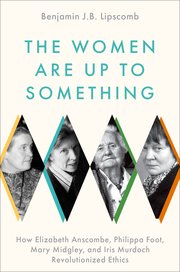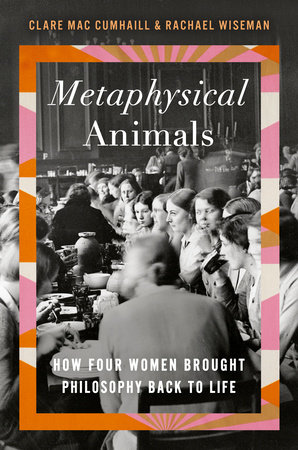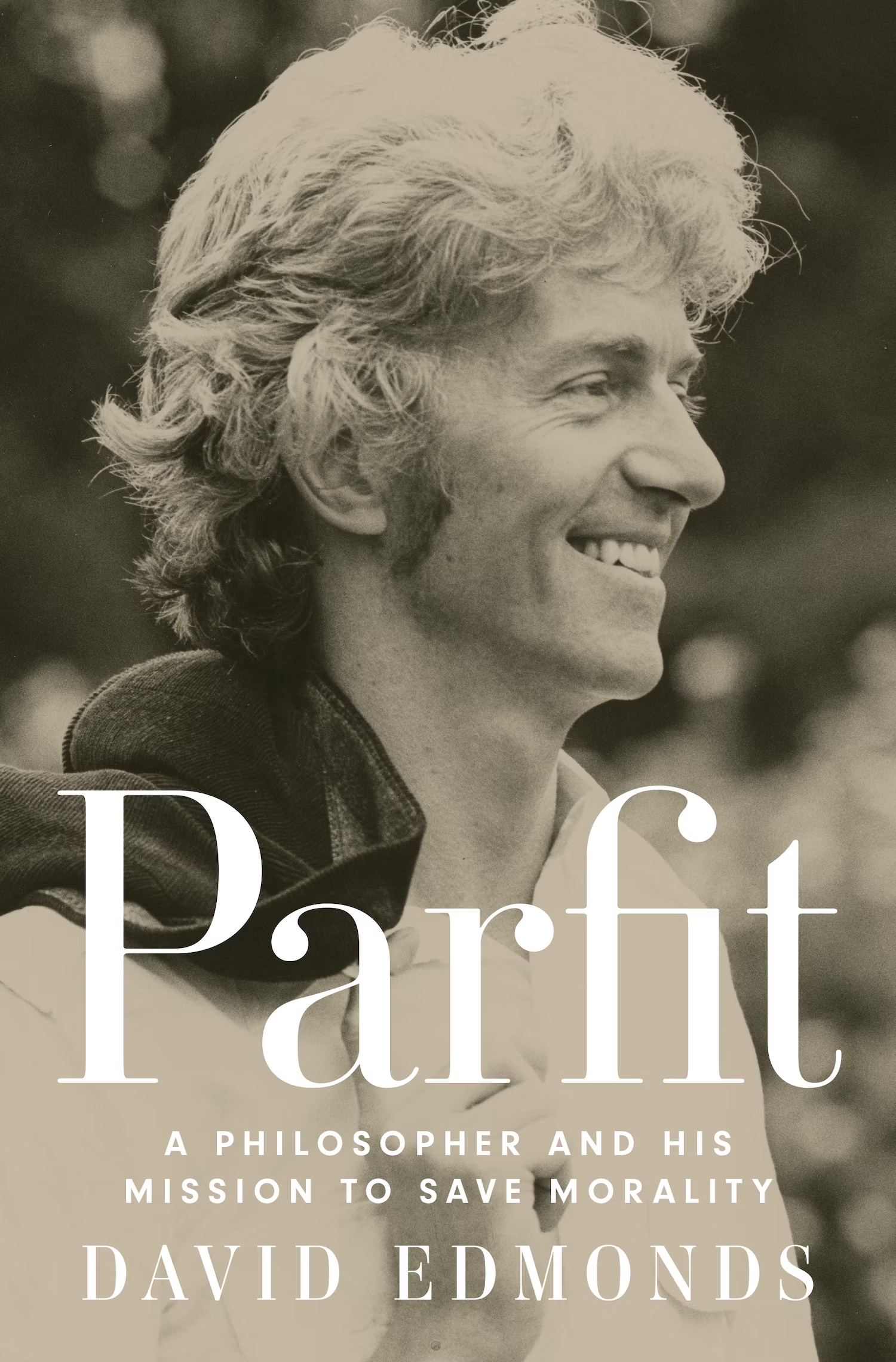It is one thing to pursue the good life through the study of abstract concepts, and another to pursue it through observing someone’s own pursuit in a story. Yes, we need to study the concepts, ideas, and movements of moral philosophy. But one of the things I often find missing in the study of ethics is understanding the story of the people behind the ideas, and learning about their own philosophical journeys as it relates to the massive shifts in the discipline. As many of us embark on a summer of expectation, I want to recommend four books for your summer reading lists that you may not already be familiar with, two of which I have finished, one I am currently reading, and one on my own summer bucket list.


The Women are Up to Something: How Elizabeth Anscombe, Philippa Foot, Mary Midgley, and Iris Murdoch Revolutionized Ethics
By Benjamin J.B. Lipscomb · 2021
Metaphysical Animals: How Four Women Brought Philosophy Back to Life
By Clare Mac Cumhaill and Rachael Wiseman · 2022
These first two books I want to recommend together as a pair, not because they are intended to be read alongside one another per se, but because they both seek to tell the story of how four woman in the mid-20th century sought to recapture the objective nature of the good life in the midst of the sliding of English moral philosophy into what many see as a form of complete nihilism given the prominence of emotivism and prescriptivism. I was fortunate to read both of these volumes over the past year and taken together they give a full-orbed view of the role that these four women played in this consequential period of moral philosophy.
Each volume focuses on the lives of philosophers Elizabeth Anscombe, Philippa Foot, Mary Midgley, and Iris Murdoch. Lipscomb takes a more expansive view of each story and how they intersect with one another throughout much of the 20th century. Cumhaill and Wiseman write a similar, yet distinct volume chronicling the lives of these four women more particularly focused on their lives right before and during World War II. The shifts in philosophy and ethics that occurred in 20th century moral philosophy are simply fascinating and as these authors point out, the recovery of metaphysics marked a major turning point for the discipline. Learning about the history of moral philosophy can be a tad drab at times, but both of these books provide an enthralling and enlightening account through the telling of the stories of these four influential thinkers.

Parfit: A Philosopher and His Mission to Save Morality
By David Edmonds · 2023
I recently picked up this volume and have really been enjoying it so far. As Edmonds notes early one, Derek Parfit is one of the most important philosophers that you likely have never heard of. Parfit was a long time fellow at All Souls College and focused much of his work on identity, rationality, and the pursuit of a secular objective morality (or an objective morality without God). His writings include Reasons and Persons (1984) and On What Matters, 3 volumes (two in 2011 with the final volume in 2017). As a Christian philosopher and ethicist, I am ultimately unpersuaded by the pursuit of a secular morality, but Parfit’s influence is unparalleled in modern times with some going as far as to say that he was the most important moral philosopher since the 1800s. He was the son of two Christian missionaries, both of whom turned away from their faith early in his childhood which seems to have had a monumental influence on how he perceived faith and the nature of the world around him. Parfit’s writings can be dense at times as he is not a public intellectual per se, yet his arguments are profound and worth consideration. This is the first major biography of Parfit and I hope Edmonds continues to shed light on this philosopher’s quest to save morality especially from the throes of the philosophical shifts of the early 20th century.

Alasdair MacIntyre: An Intellectual Biography
By Émile Perreau-Saussine · 2022
Lastly, this award-winning volume was recently released in English being originally published in French. I just picked it up and I am really excited to dig into it later this summer. MacIntyre is one of the most influential figures of the 20th and 21st century, writing numerous works including After Virtue (1981), Whose Justice? Which Rationality? (1988), and Three Rival Versions of Moral Inquiry (1990). As philosopher Jennifer Frey notes in her recent piece at The Hedgehog Review, “the moral life depends, therefore, on paideia: long periods of habituation into a praxis, comparable to the periods of apprenticeship required by medicine or music,” which is emphasized by MacIntyre’s articulation of virtue and of humanity as “dependent rational animals.” I have long been intrigued by the various formulations of virtue ethics as well as this titan of 20th century moral philosophy.
Editor’s note: If you enjoy book recommendations, make sure to sign up to receive the WeeklyTech email briefing. This newsletter contains a recommended book each week, which is exclusive to email subscribers. Sign up now at jasonthacker.com/weeklytech.
The Rundown
I’m a Student. You Have No Idea How Much We’re Using ChatGPT by Owen Kichizo Terry | The Chronicle
Look at any high school or college academic integrity policy, and you’ll find the same message: submit work that reflects your own thinking, or face discipline. A year ago, this was just about the most common-sense rule on Earth. Today, it’s laughably naive.
Living in a Democracy as a Fallen People by Hunter Baker | Christian Scholar’s Review
In the short space of about 30 years, we have gone from heralding liberal democracy (or liberalism) as the final political regime (see Fukuyama’s “end of history” thesis1) to wondering whether it can or should survive.
Albert Borgmann (1937-2023) by Justin Weinberg | Dailynous
Professor Borgmann was known for his work in philosophy of technology and philosophy of society and culture, authoring, among other things, Technology and the Character of Contemporary Life: A Philosophical Inquiry (1984).
Tim Keller Practiced the Grace He Preached by Collin Hansen | Christianity Today
Hardly anyone could be more qualified than Timothy Keller to receive the Kuyper Prize for Excellence in Reformed Theology and Public Witness. It should have been the culmination of a remarkable career.
After Liberalism by Jennifer A. Frey | The Hedgehog Review
There are different ways to conceive of the task of writing the biography of a prominent philosopher. The most familiar is to approach its subject with the goal of showing how these works sprang forth from this person.